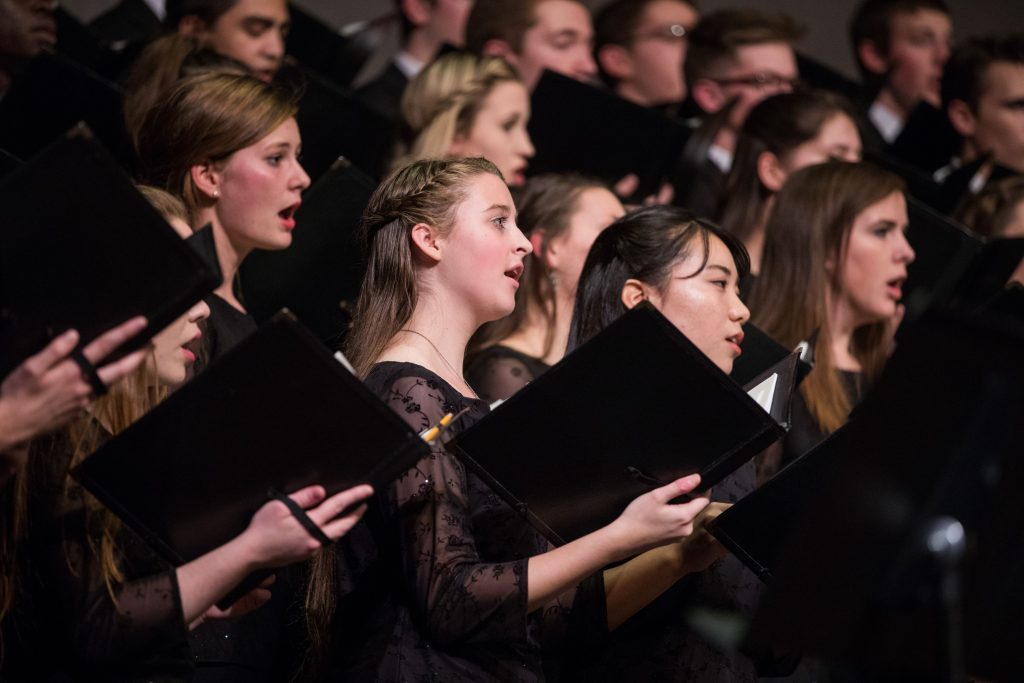I really enjoy continued study of my “craft,” choral music and conducting. Several years ago I had the wonderful privilege of working with Dr. Dale Warland as a conducting fellow with the ProMusica Arizona Chorale. The experience was both exhilarating and educational.
Dr. Warland has been in this business for many years and has received numerous awards including a Grammy nomination for best choral performance in 2003 for his recording Walden Pond. The Dale Warland Singers (1972-2004) were known internationally and produced several CDs that are still available.
Learning to Expect More
One of the things that made an impact on me as I listened to Dr. Warland was that of expectations for the choir. He said we don’t “expect” enough from our intelligent singers. We don’t need to spoon-feed them every word, breath or musical instruction. (He called it “being a traffic cop.”) Dr. Warland contends that this constant micromanaging leads to conductor burnout.
Instead, we conductors should teach our choirs in rehearsal what we expect from them, and then let them carry out those expectations in each rehearsal and performance as a responsible member of the choir. This also allows the conductor to listen more intelligently and gesture intuitively since his/her focus is not divided.
Rising to Expectations
When I got back to my choir, I immediately strove to put this idea into action. The choir seemed to appreciate the new level of maturity and participation I was asking of them. I was impressed with how they rose to meet the expectations. Here are some of the expectations we discussed:
- Good singing posture whenever singing is happening
- Score held up and glance at director at least every other measure
- Sustained pitches move forward with energy
- Soft dynamics need intensity (don’t get mushy)
- Sustain primary vowel of diphthong; secondary vowel inserted on release
The challenge for the choir is do these things automatically in every piece that is sung and throughout the rehearsal; to incorporate these musical habits as their own, not dictated by the director. Sure, gentle reminders are necessary occasionally, but much more musicality will happen instinctively when it “belongs” to each singer.
If you direct a choir, think about choral issues you could expect from your group. Of course, expectations will differ according to the age of the singers, but you might be surprised, as I was, that we really can demand more and the members of the choir will enjoy the challenge!








